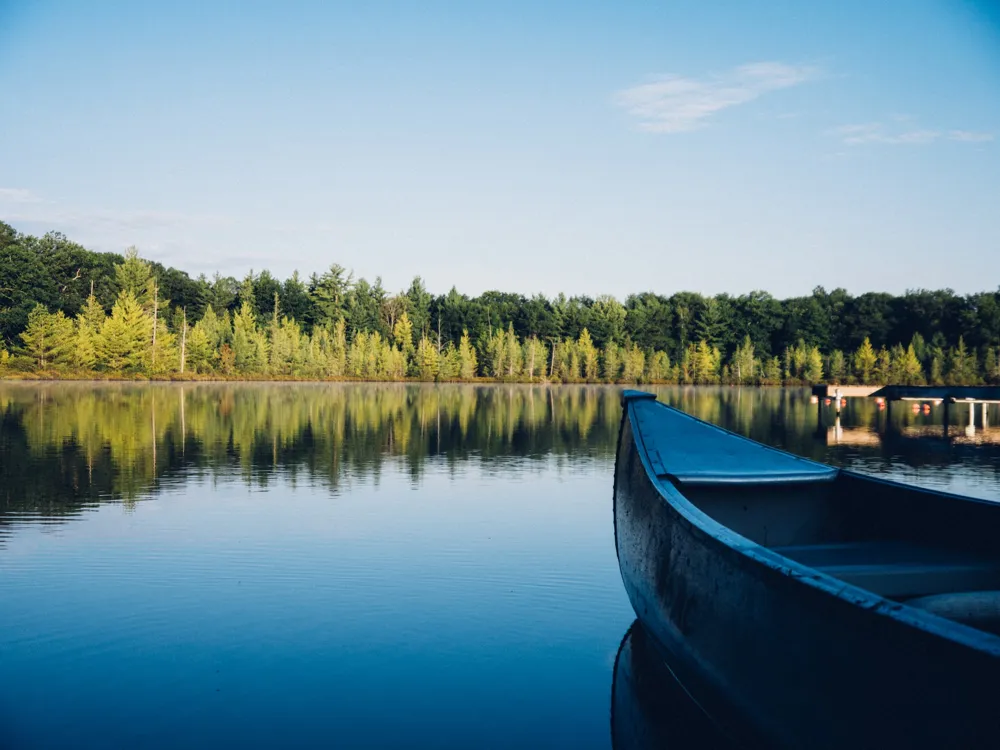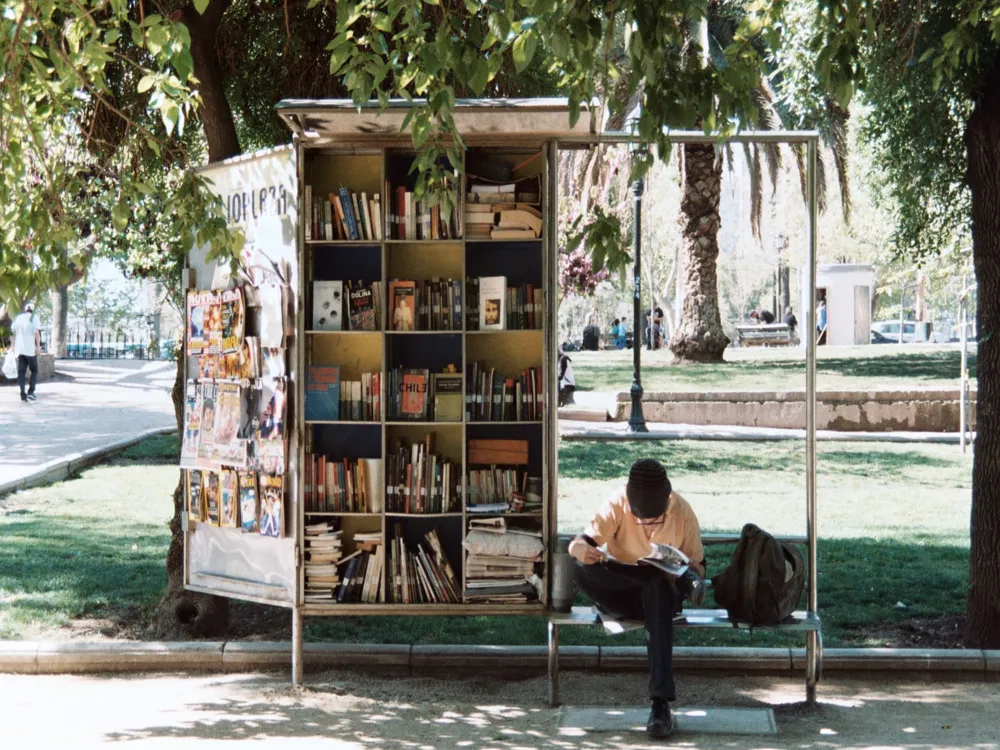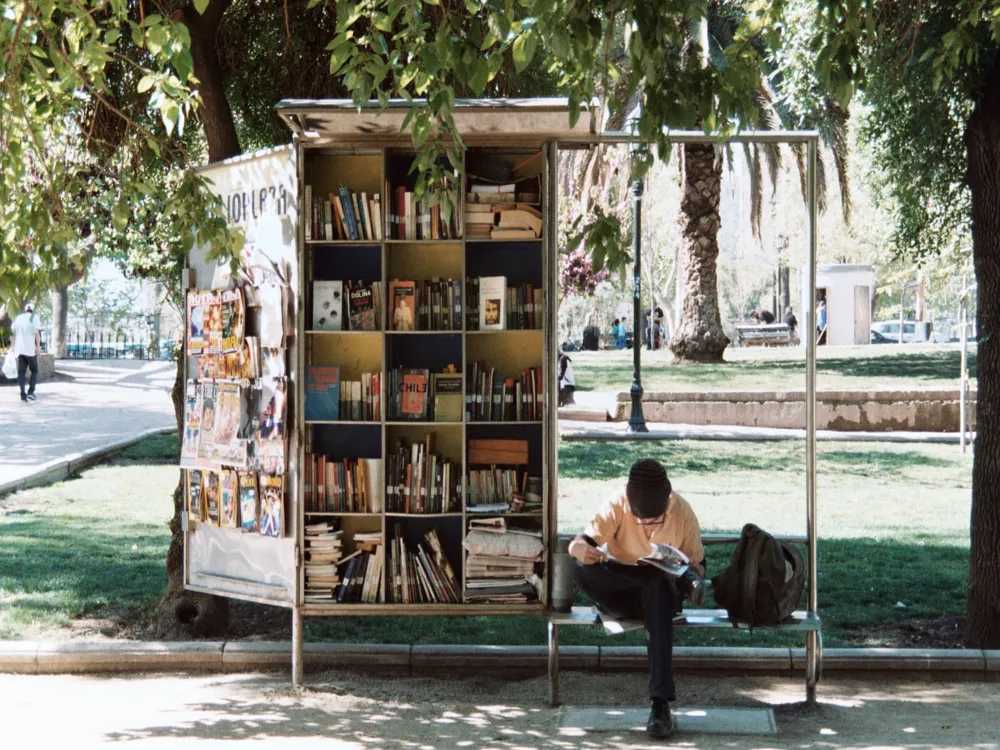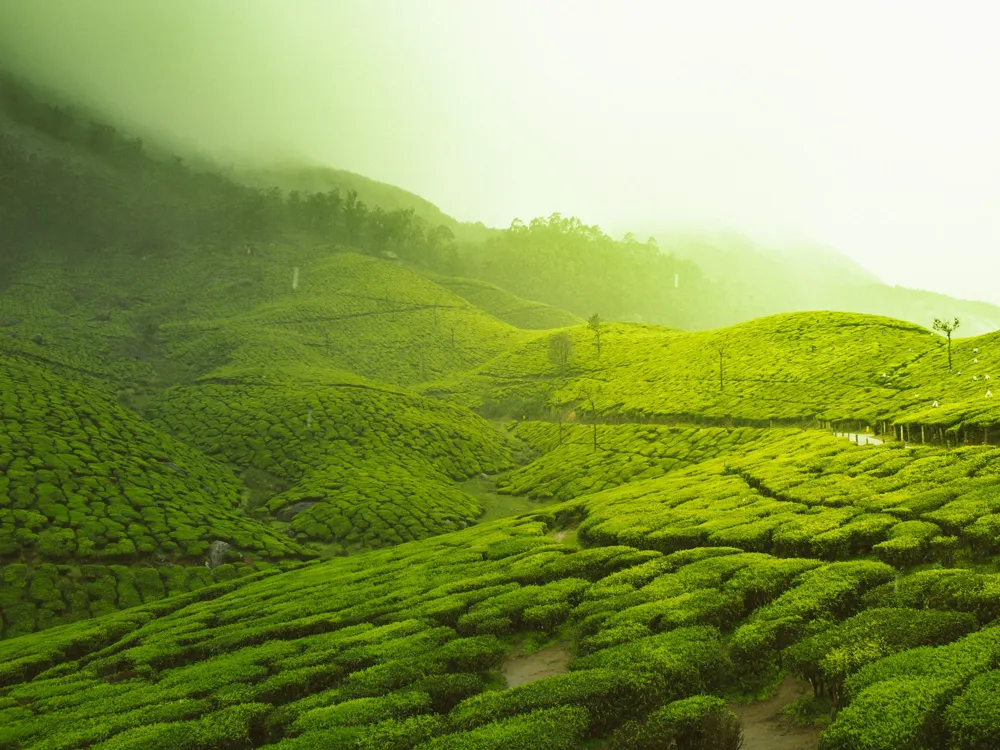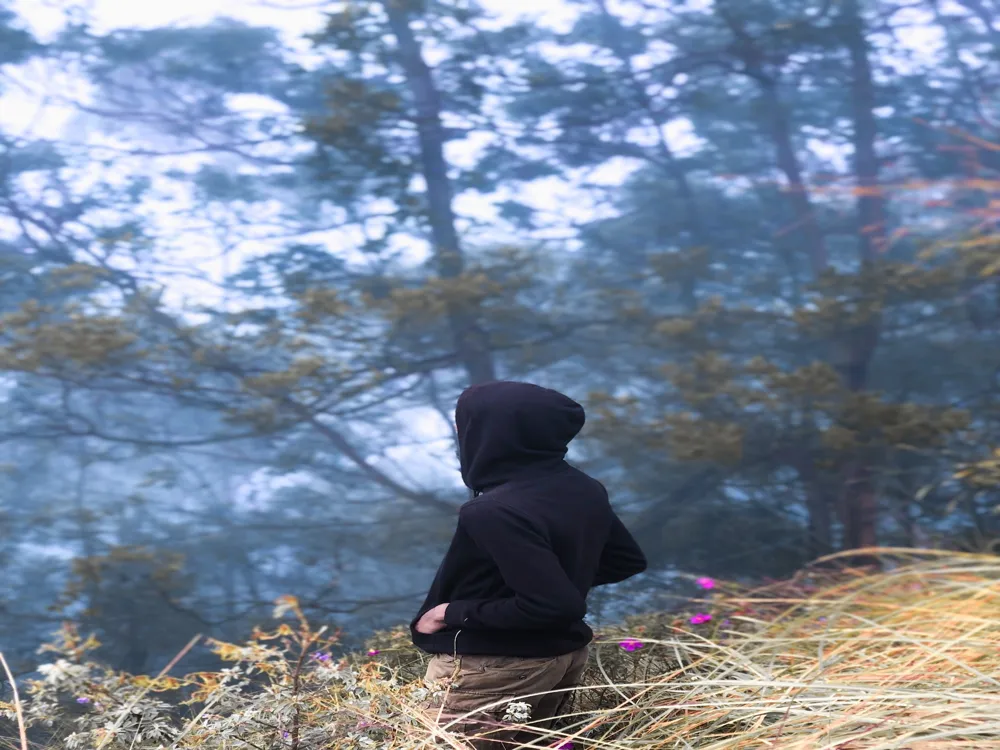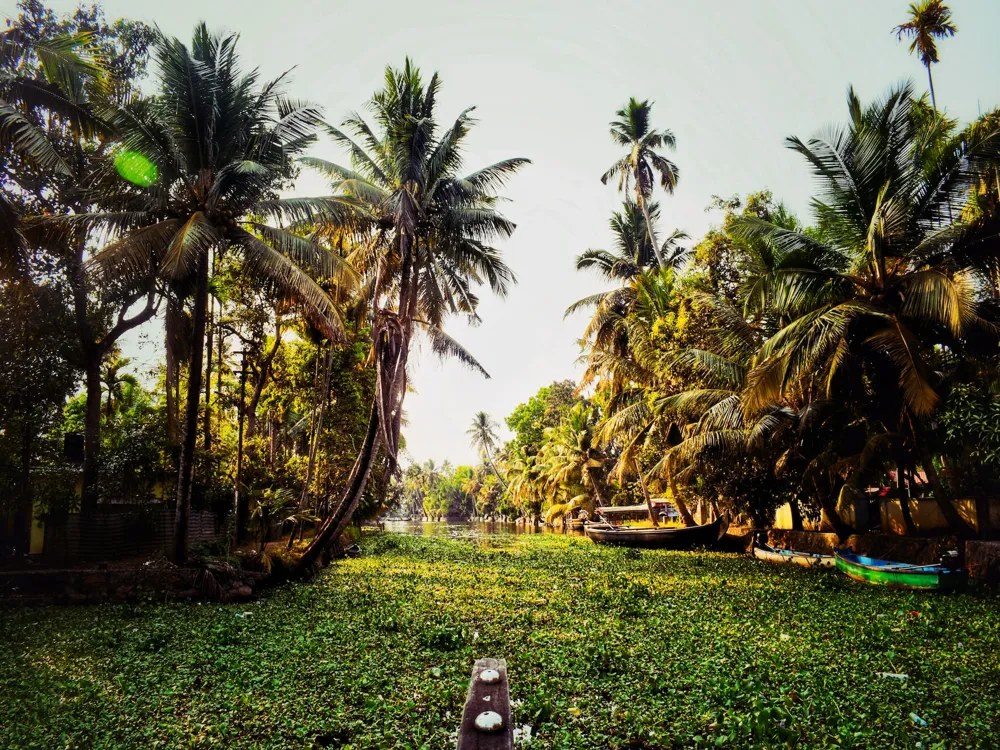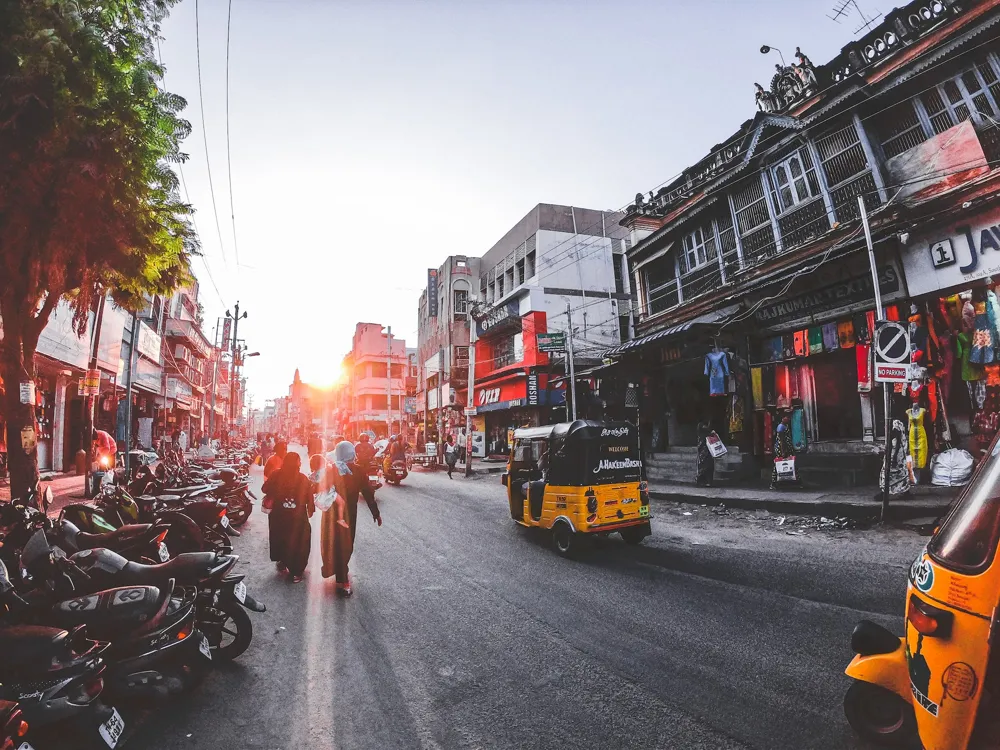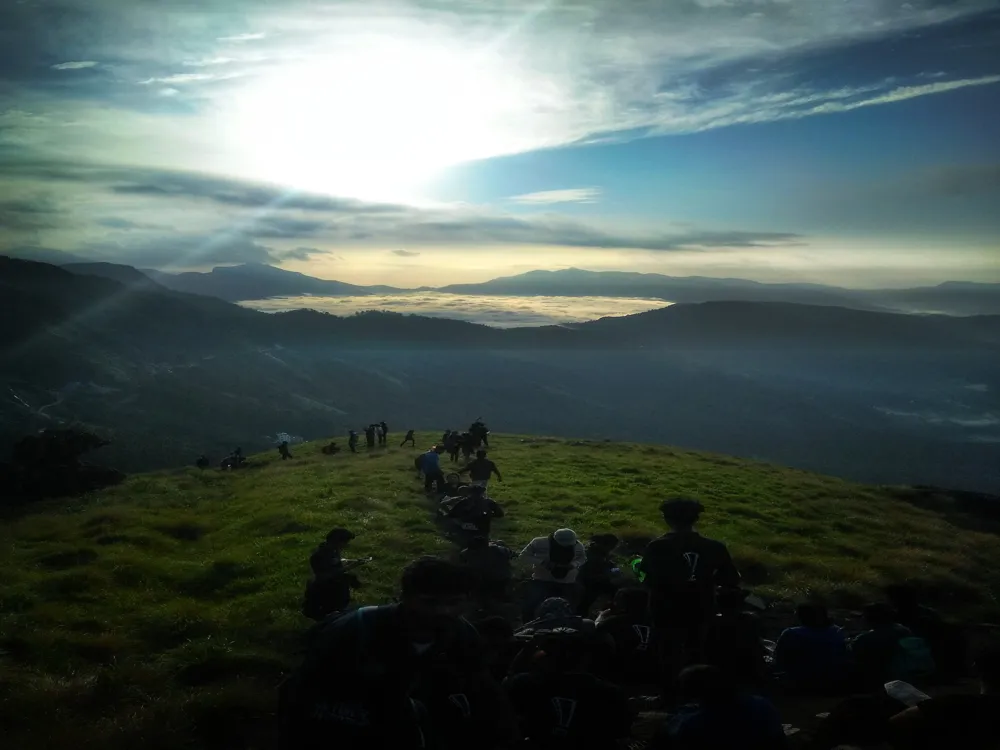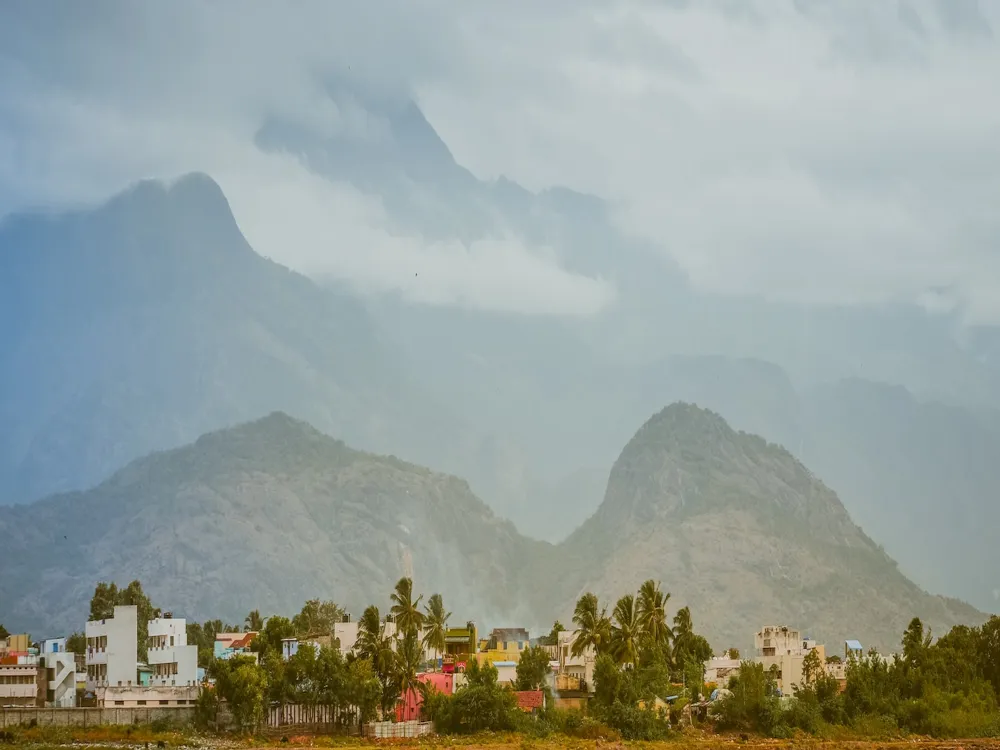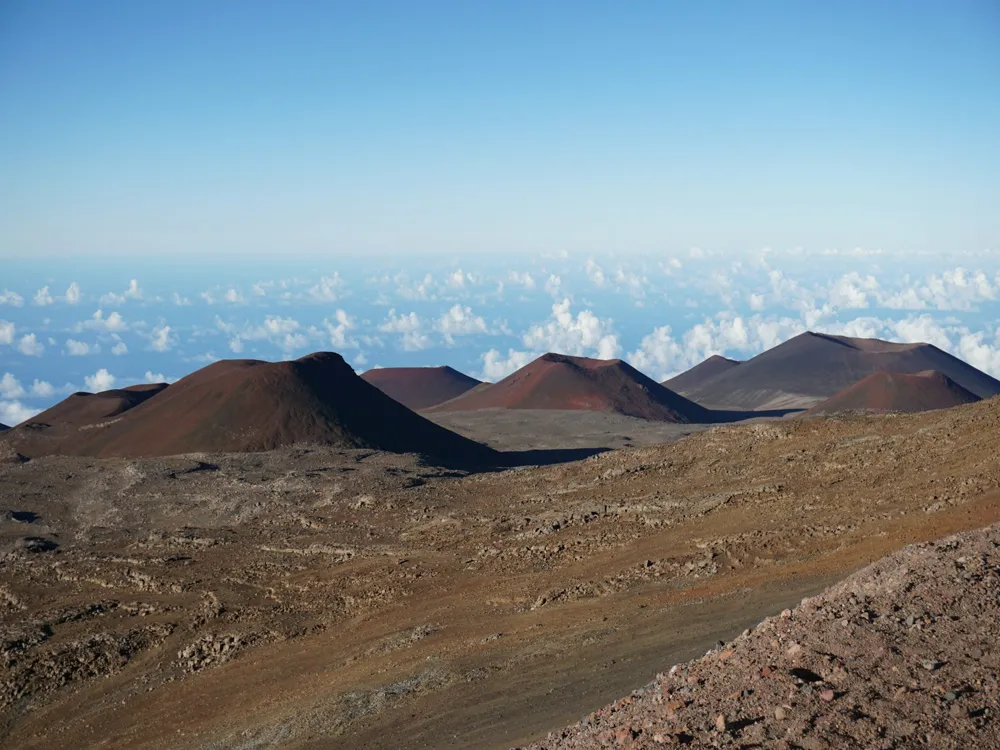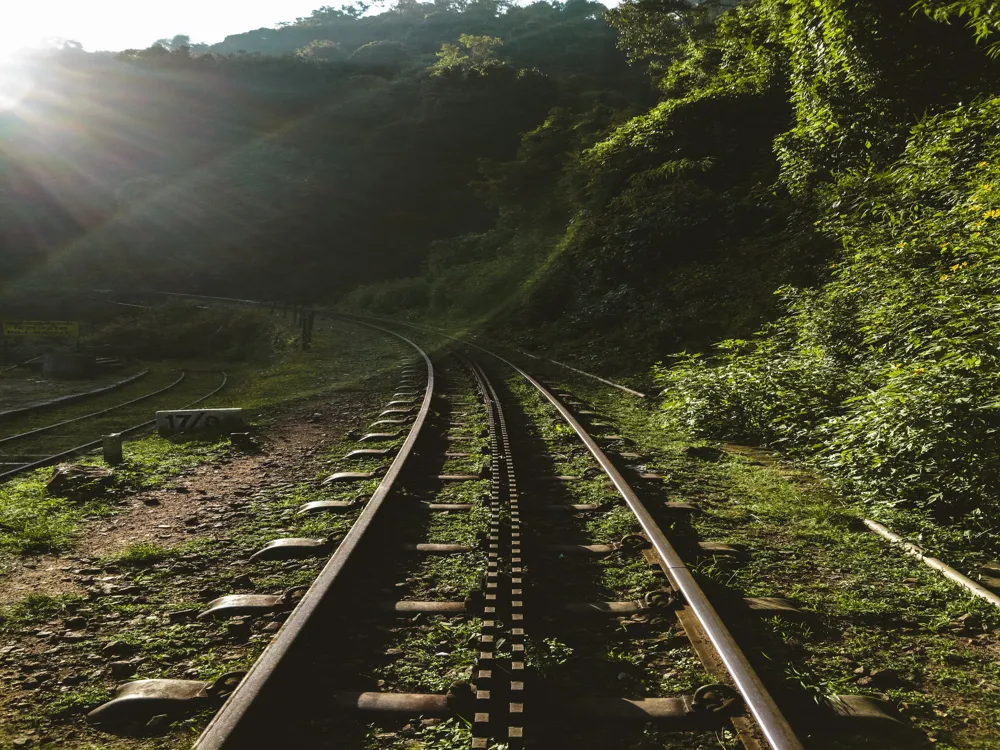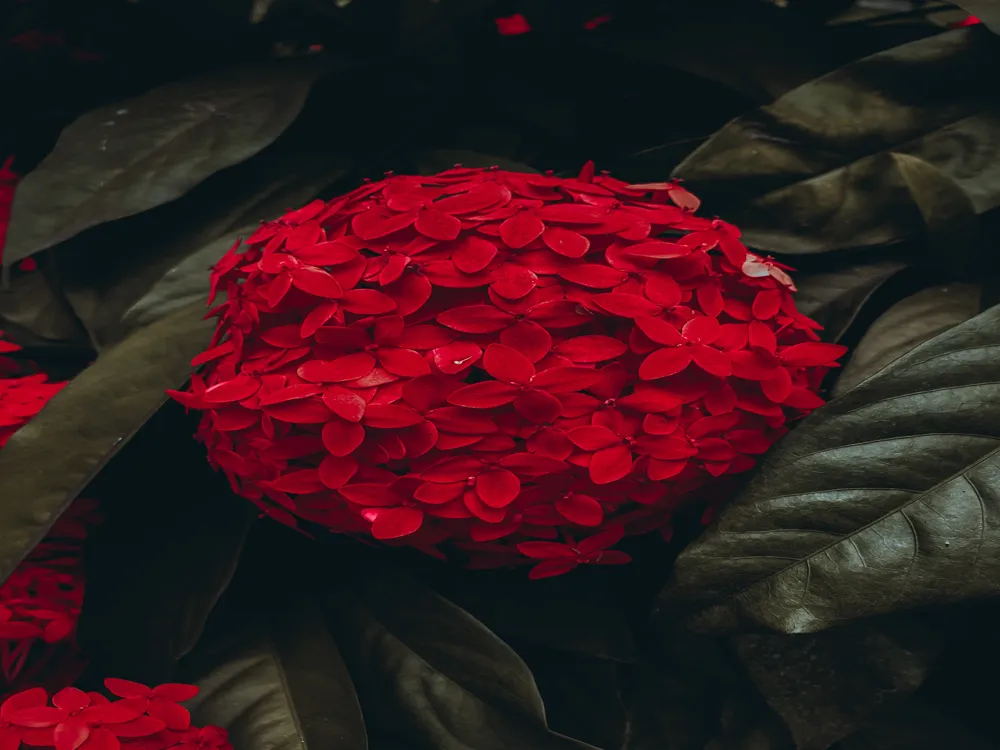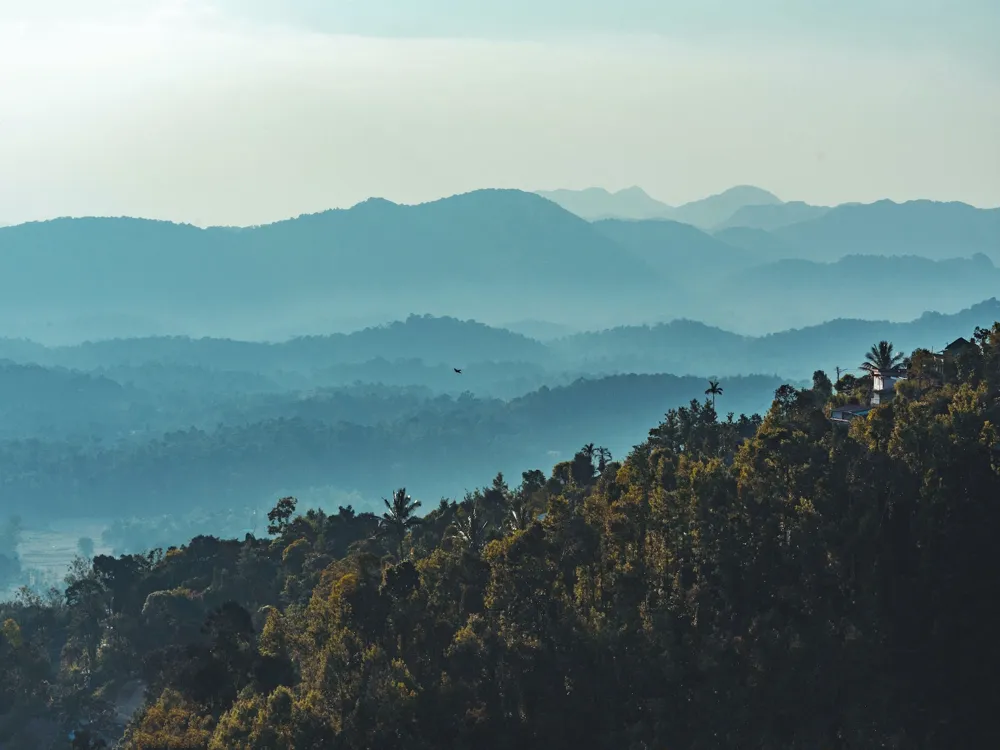Vattakanal, a serene and picturesque hamlet, is located in the upper reaches of Kodaikanal in Tamil Nadu. Often referred to as 'Little Israel', Vattakanal is a haven for travelers seeking tranquility and natural beauty. This quaint village is nestled amidst lush greenery and offers a refreshing contrast to the bustling city life. The rolling hills, shrouded in mist, and the cool climate provide a perfect backdrop for a peaceful retreat. The journey to Vattakanal itself is an experience, as the winding roads take you through scenic landscapes and open up to panoramic views of the plains below. The area is renowned for its rich biodiversity, and it's not uncommon to spot rare flora and fauna during your visit. The unique ecosystem of Vattakanal contributes significantly to its charm, making it a paradise for nature lovers and environmentalists alike. In Vattakanal, the culture is a blend of traditional Tamil customs and a modern, eclectic influence brought in by tourists from around the world. This cultural melting pot is evident in the local lifestyle, cuisine, and art. Visitors can enjoy a range of activities from leisurely walks in the woods, trekking to Dolphin's Nose, and exploring the famous Vattakanal Falls. The village also serves as a gateway to other picturesque locations in Kodaikanal, offering a myriad of experiences to its visitors. One of the most captivating aspects of Vattakanal is its simplicity and the warmth of the local people. The residents are known for their hospitality and are often willing to share stories about their homeland. This personal interaction adds a unique and authentic dimension to the travel experience in Vattakanal. Vattakanal, with its untouched natural beauty and serene environment, stands as a testament to the splendor of the Western Ghats. It is a destination that not only offers a visual treat but also an opportunity to connect with nature and oneself. Vattakanal's architecture is a harmonious blend of traditional Tamil styles and modern influences, reflecting the village's evolving cultural landscape. The buildings in Vattakanal, predominantly made from locally sourced materials, showcase the ingenuity and resourcefulness of the local populace. The traditional homes in Vattakanal are simple yet elegant, designed to withstand the region's cool climate. These houses often feature sloping roofs, made from natural materials like terracotta tiles, which are ideal for the heavy monsoons. The use of wood is prominent in the construction, with beautifully carved wooden pillars and beams being a common sight. These elements not only add aesthetic value but also provide structural stability. In recent times, Vattakanal has seen a rise in eco-friendly and sustainable architecture. Newer constructions are increasingly focusing on minimizing environmental impact, using renewable resources, and blending seamlessly with the surrounding landscape. These structures often incorporate large windows and open spaces, maximizing natural light and offering stunning views of the surrounding hills and valleys. Another notable aspect of Vattakanal's architecture is the influence of global travelers. Many guesthouses and homestays have incorporated elements from different cultures, creating unique and eclectic designs. This fusion of styles has given Vattakanal's architecture a distinct character, setting it apart from other regions in Tamil Nadu. The architectural landscape of Vattakanal is not just about the structures but also about the harmony between man-made creations and nature. The village's layout and building designs reflect a deep respect for the natural environment, aiming to preserve the pristine beauty of the region. The ideal time to visit Vattakanal is between October and March when the weather is pleasant, and the natural beauty is at its peak. The monsoon season, from June to September, is less recommended due to heavy rains and potential landslides. Vattakanal offers a range of accommodations from budget-friendly homestays to luxury resorts. It's advisable to book in advance, especially during peak seasons, to secure the best options. Don't miss out on trying the local Tamil cuisine, known for its rich flavors and spices. There are also several cafes that cater to international tastes, offering a variety of cuisines. As a visitor, it's important to respect the natural environment of Vattakanal. Avoid littering, adhere to local customs, and support local businesses to promote sustainable tourism. For adventure enthusiasts, Vattakanal offers several trekking routes. Always hire a local guide for the best experience and safety, and wear appropriate gear. Vattakanal is accessible by road from Kodaikanal, which is well-connected to major cities like Madurai, Coimbatore, and Chennai. The nearest airport is in Madurai, about 120 kilometers away. From Madurai, you can hire a taxi or take a bus to Kodaikanal and then proceed to Vattakanal. For those preferring train travel, the nearest railway stations are in Kodai Road (80 km away) and Palani (64 km away). From these stations, taxis and buses are available to reach Kodaikanal, followed by a short journey to Vattakanal. Read More:Overview of Vattakanal in Kodaikanal, Tamil Nadu
Architecture of Vattakanal
Tips When Visiting Vattakanal
Best Time to Visit
Accommodation Choices
Local Cuisine
Responsible Tourism
Trekking and Exploration
How To Reach Vattakanal
Vattakanal
Kodaikanal
Tamil Nadu
NaN onwards
View kodaikanal Packages
Weather :
Tags : Hills & Valleys
Timings : 24 hrs
Time Required : 1 - 2 days
Entry Fee : No Entry Fee
Planning a Trip? Ask Your Question
Kodaikanal Travel Packages
View All Packages For Kodaikanal
Top Hotel Collections for Kodaikanal

Private Pool

Luxury Hotels

5-Star Hotels

Pet Friendly
Top Hotels Near Kodaikanal
Other Top Ranking Places In Kodaikanal
View All Places To Visit In kodaikanal
View kodaikanal Packages
Weather :
Tags : Hills & Valleys
Timings : 24 hrs
Time Required : 1 - 2 days
Entry Fee : No Entry Fee
Planning a Trip? Ask Your Question
Kodaikanal Travel Packages
View All Packages For Kodaikanal
Top Hotel Collections for Kodaikanal

Private Pool

Luxury Hotels

5-Star Hotels

Pet Friendly









